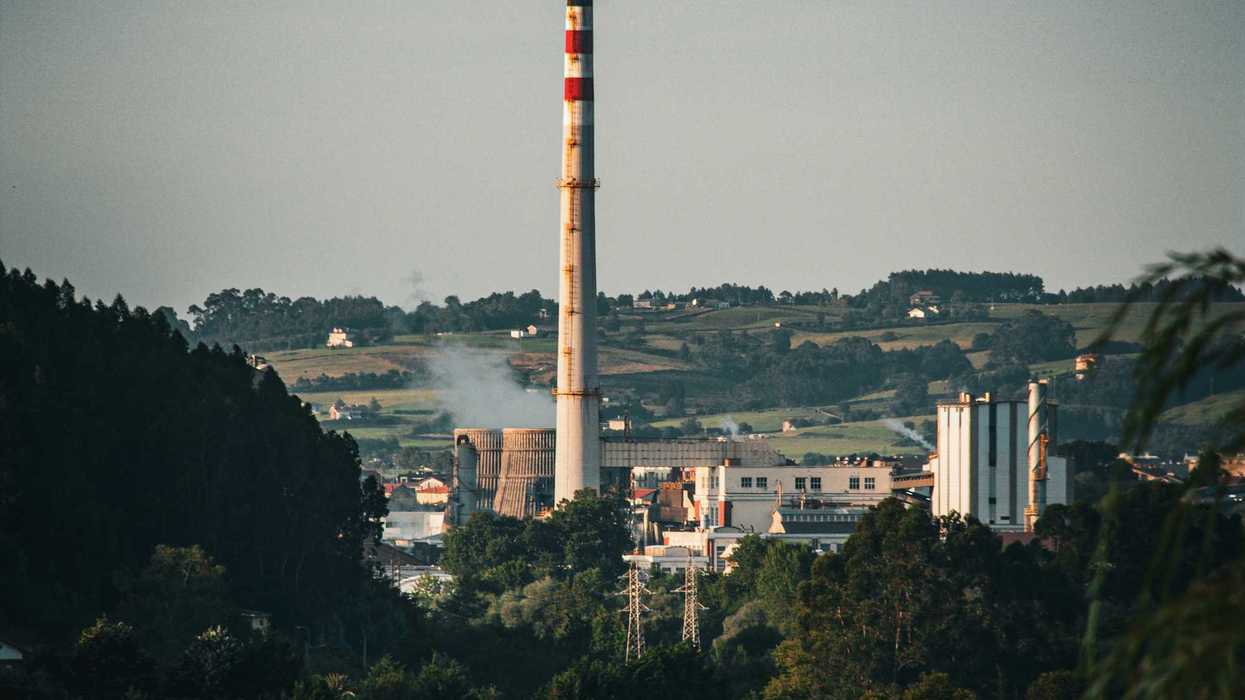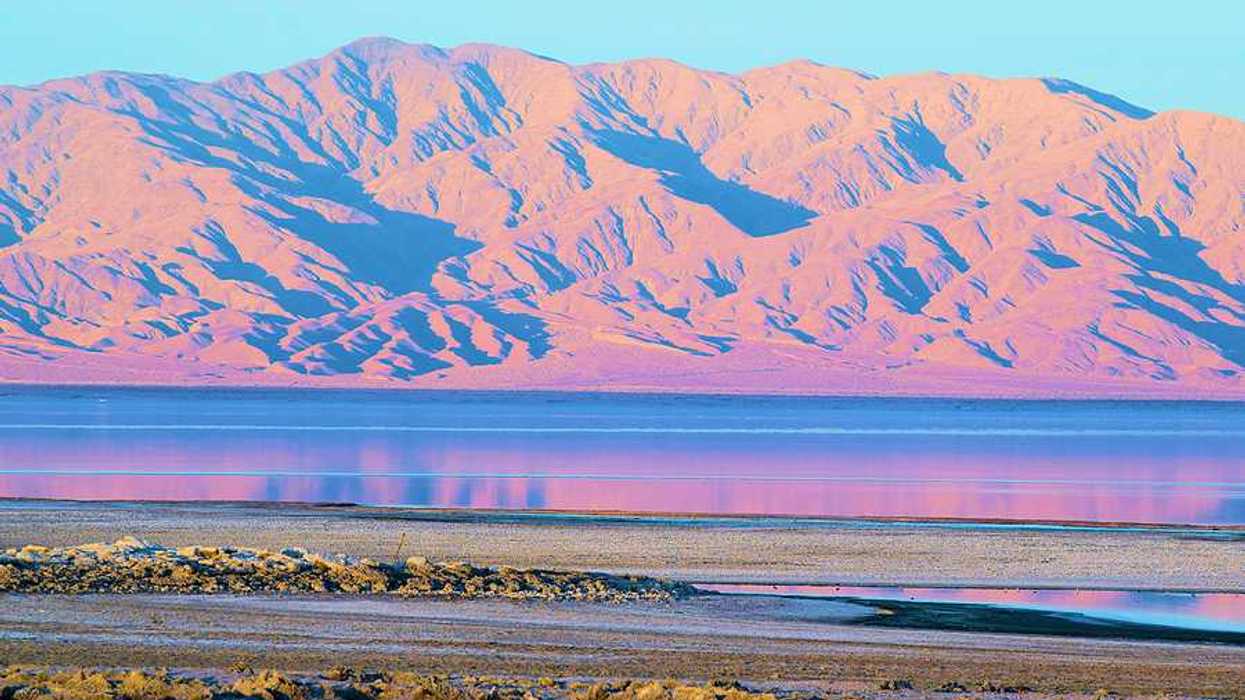The green transition could worsen socioeconomic disparities for Indigenous peoples unless Western science and settler colonialism are addressed, a new study finds.
Taylar Dawn Stagner reports for Grist.
In short:
- Indigenous knowledge is often marginalized or appropriated by Western researchers.
- The Lenape Indian Tribe of Delaware strengthened sovereignty by revitalizing connections to the land.
- Indigenous communities face ongoing challenges, such as the San Carlos Apache fighting copper mining in Arizona.
Key quote:
“Western Science is really what dominates the way we talk about climate adaptation. Indigenous knowledge is either subsumed [or] appropriated.”
— Lyndsey Naylor, University of Delaware
Why this matters:
Marginalizing Indigenous knowledge exacerbates climate change impacts and entrenches colonial violence. Integrating Indigenous practices is crucial for equitable climate solutions.
Related EHN coverage:














